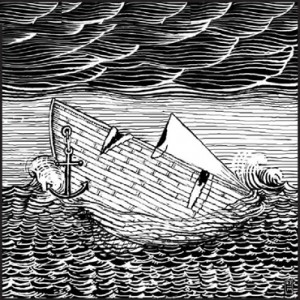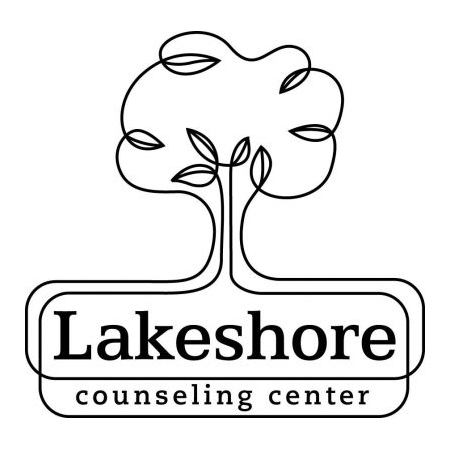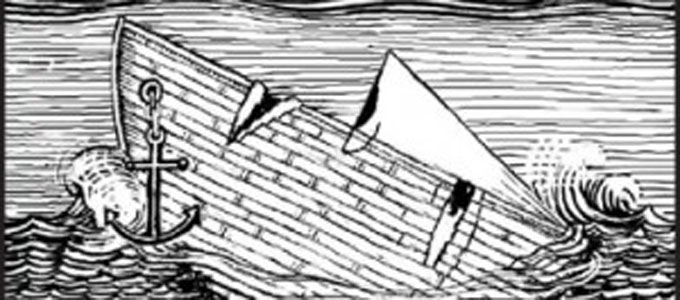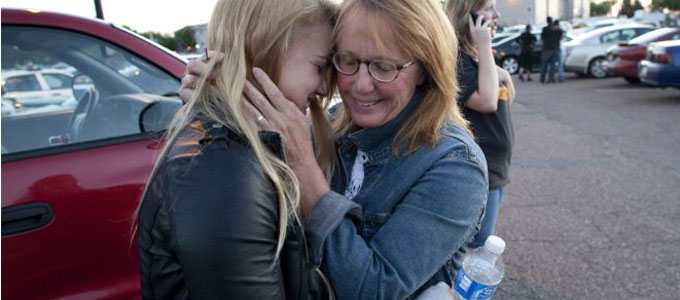Recent research is indicating the possibility of an actual ‘illness of the brain’ which can come on suddenly and tragically, and lead the person to suicide. The article below is told in first person by a professor who is fortunate enough to look back on experiencing this phenomenon. It appears almost like a ‘possession’ – leading me to remember how ancient peoples described emotional illness as being possessed by the devil. This gentleman describes feeling led into a comatose or hypnotic state and finding himself about to take his own life. It is hopeful in the sense that perhaps we are close to finding a cure for suicidal ideation.
 “Brainsick: A Physician’s Journey to the Brink”Leon E. Rosenberg | October 01, 2002 
During the past 10 years, progress has been notable in erasing the stigma of mental illnesses, which we have come to understand are diseases of the brain. But however much we may accept a poet who is manic, a businessman who is anxious, even a politician who is depressed, we still want to think that our scientists and physicians—especially those with long, illustrious careers—are immune. They are not. Leon E. Rosenberg, M.D., former dean of the Yale School of Medicine, former head of pharmaceutical research for Bristol-Meyers Squibb, now professor of molecular biology at Princeton University, describes his harrowing journey to the brink and back. It is past time that he and his affected colleagues speak out, he declares. More than four years ago—on May 26, 1998, to be exact— I awakened during another restless, dreadful night. The clock read 4:15 a.m., so I closed my eyes and tried to be calm. It didn’t work. I got out of bed. “This must end, today,” I thought. “I can’t sleep. I can’t eat. I can’t teach. I can’t even read or write.” After taking a walk around our farm, I brewed coffee for my wife, Diane, and me, and then helped get our 16-year-old daughter, Alexa, off to high school. Diane asked if she should cancel her appointment to go horseback riding. “No,” I said. “I’m a little less depressed, and you can’t just sit around here day after day and take care of me like I’m a baby. By the time I get a haircut, you’ll be back.” As soon as she had driven away, I put all the antidepressants and sleeping pills I had into a small satchel, added a full quart bottle of vodka, and headed my car toward Highway 95. I didn’t know where I was going, but it certainly was not to the barber. As I crossed the bridge into Pennsylvania, I vaguely remember seeing the sign for Highway 32, and I exited. The sun was shimmering on the Delaware River, which only made keeping my eyes on the road more difficult. I saw a sign for New Hope (or was it No Hope?) and drove into town. I wandered up one street and down another until I saw a sign for the Wedgewood Inn. I had never been there before, but I was too agitated to look further. The Wedgewood it would be. The proprietress looked askance at the luggage I carried but showed me to a small room anyway. “This will be fine,” I think I said and closed the door. I sat down on the double bed with its chenille spread and put the pills and the vodka on the bedside table. Slowly, almost ritually, I took one or two pills at a time, washed down with a generous swig of vodka. By the time all the pills and more than half the vodka were gone, I started to feel less wired—even quiet. As I lay down and sank toward what I believed would be death, I found myself thinking of a relative who had committed suicide this way some years earlier. Perhaps I connected with him because my jumbled brain thought he, and only he, might comprehend what I was doing… |





